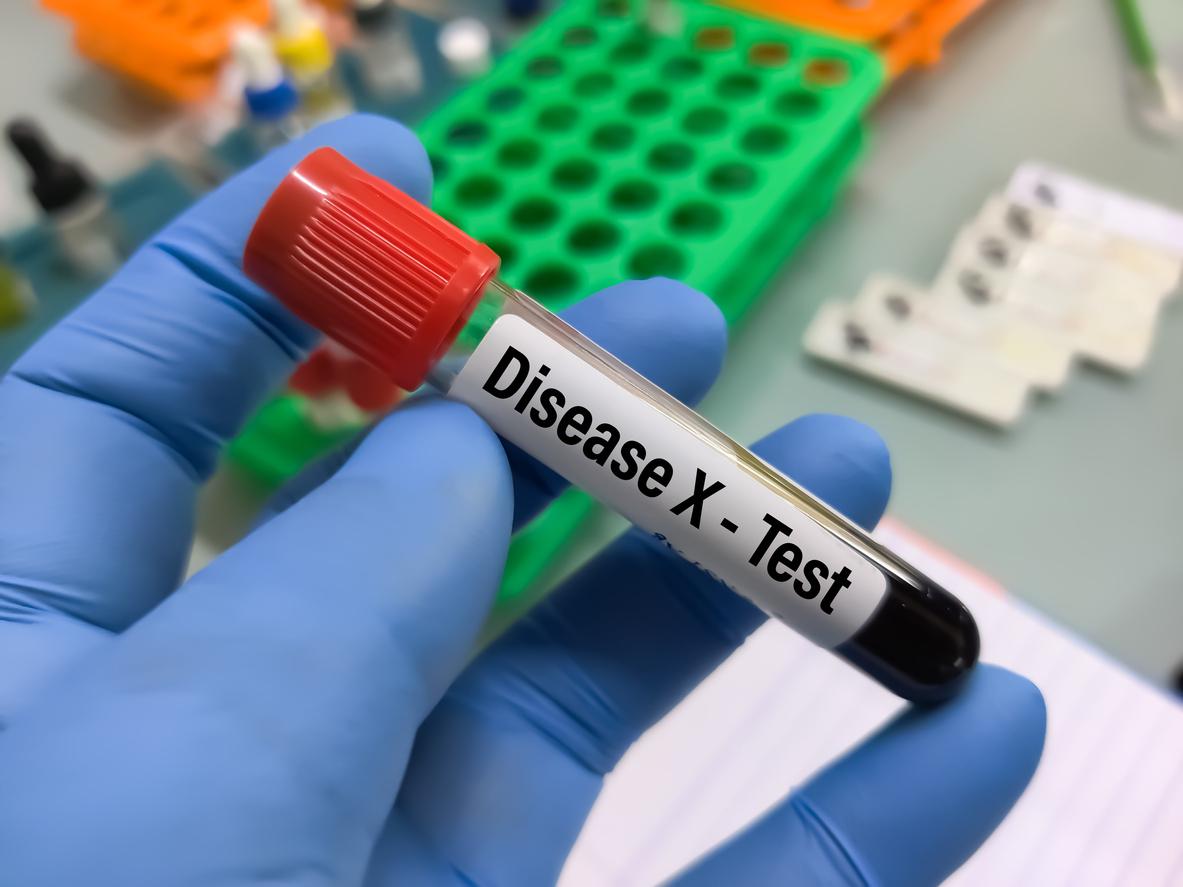
Tailor-made treatment for the woman’s heart
There are interesting developments in the field of cardiovascular disease that have benefits for patients and doctors. Cardiologist Janneke Wittekoek tells more about it.
Janneke Wittekoek (48) is a cardiologist specializing in cardiovascular diseases in women. Also founder and director of the HeartLife Clinics in Utrecht and author of the book published in 2017 The woman’s heart. She is also involved as medical director at the National Expertise Center for Genetic Research on Familial Cardiovascular Diseases (LEEFH). In the video below she tells a little more about the differences between the men’s and women’s hearts and explains why it is so important for women to know ‘their numbers’ well.
His heart is not hers
Janneke Wittekoek: “The process of arteriosclerosis is different in women than in men. Men often get a serious blockage in the coronary artery, women are more likely to suffer from damage to small heart vessels, spread over a larger area. We call it microvascular syndrome. This often makes it harder for them to diagnose heart problems. Moreover, the complaints in women often express themselves differently. The result: doctors still too often wrongly conclude that there is nothing wrong with women. Fortunately, more and more is known about the differences between men and women and a lot of research is also being done on this, for example into the relationship between the menopause and the risk of cardiovascular disease.”
Benefit for the patient: faster, better diagnosis and tailor-made treatment.
Cardiologist on call
Janneke Wittekoek: “Until recently, heart patients had to visit their GP or hospital regularly for check-ups, but they now increasingly measure their important values – blood pressure, heart rate, heart rhythm – at home. Thanks to new technologies, they can easily send that data to their healthcare provider, for example via an app on their phone. The doctor or nurse can monitor patients much more closely and give advice remotely about, for example, adjusting medication.”
Advantage for the patient: short lines with your practitioner; only go to the hospital if absolutely necessary.
Lifestyle as medicine
Janneke Wittekoek: “We now know that you can reverse type 2 diabetes – an important risk factor for cardiovascular disease – with the right nutrition. High blood pressure or elevated cholesterol levels can also be positively influenced by diet and exercise. So much so that sometimes medication is no longer necessary. It does mean a greater appeal to one’s own responsibility. After all, taking a pill is easier than changing your lifestyle. A good first step: measure your BMI, blood pressure and cholesterol at least once a year. If in doubt about your values, ask your doctor for advice.”
Patient benefit: Knowing your numbers will tell you if you need to take action to avoid problems.
Tip from Janneke Wittekoek
“Many people – especially women – find it difficult to ask for a second opinion. They are more concerned with their doctor’s feelings than with their own health. If you are being treated for heart complaints for more than a year and there is still no solution, ask another doctor for his or her opinion.”
Sources):
- Plus Magazine















